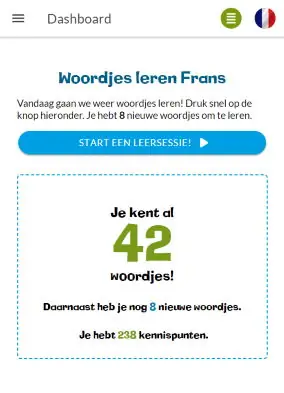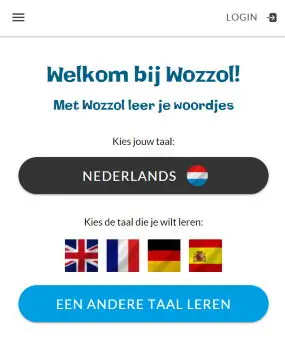- Engels Nederlands
- Why don’t we ... = Waarom gaan we niet …
- Let's … = Laten (we) …
- In a case like this ... = In dit geval …
- In a situation like this ... = In een situatie als deze …
- In this sort of situation ... = In dit soort situatie …
- I cannot share you opinion, I’m afraid. = Ik kan die mening niet met je delen, ben ik bang.
- I’m afraid I have to disagree. = Ik ben bang dat ik het er niet mee eens ben.
- I would like to know ... = Ik zou graag willen weten …
- So, summing up, you would say that ... = Dus, samenvattend, zou jij zeggen dat …
- I’m willing to come and help them. = Ik ben bereid om (langs) te komen en hen te helpen.
- I don’t mind helping them. = Ik ben best bereid om hen te helpen.
- I’ll be happy to help you. = Ik wil je graag helpen.
- I’m prepared to help you. = Ik ben bereid om je te helpen.
- The real question is ... = De echte vraag is …
- From this point of view ... = Vanuit dit gezichtspunt …
- All things considered, ... = Alles in overweging nemende …
- This raises the problem ... = Dit stelt het probleem aan de orde …
- We might … = We zouden …
- What about … ? = Wat dacht je van …?
- What if we … ? = Wat als we …?
- I’d like to remark that ... = Ik wil graag opmerken dat …
- Mind you, I do think that ... = Let wel, ik denk wel dat …
- On the other hand... = Aan de andere kant …
- That may be true, but ... = Dat kan wel zo zijn, maar…
- Let me put it this way ... = Laat ik het zo stellen …
- In other words, … = Met andere woorden, …
- What I mean is … = Wat ik bedoel is …
- What I’m trying to say is … = Wat ik probeer te zeggen is …
- I see what you mean, but … = Ik snap wat je bedoelt, maar ...
- That’s one way of looking at it, but … = Dat zou je zo kunnen bekijken, maar …
- Well, you have a point there, but … = Daar heb je een punt, maar …
- Excuse me. Do you happen to know … ? = Neem me niet kwalijk. Weet u toevallig …
- Sorry to trouble you, but can you tell me … = Sorry dat ik je moet lastig vallen, maar kun je me vertellen …
- Could you please tell me ... = Kun je me alsjeblieft vertellen …
- I wonder if you could ... = Ik vraag me af of je zou kunnen …
- I would be grateful if ... = Ik zou het zeer op prijs stellen als …
- Would you mind ... = Heb je er bezwaar tegen …
- All right, I see what you’re getting at. = Oké, ik snap wat je probeert te zeggen.
- I get it! = Ik snap het!
- I know … = Ik begrijp …
- I understand what you mean. = Ik begrijp wat je bedoelt.
- Yes, I see your point. = Ja, ik snap wat je bedoelt.
- Yes, I see your problem. = Ja, ik begrijp je probleem.
- If I follow you correctly, … = Als ik je goed volg …
- If I have understood you correctly, … = Als ik je goed begrijp …
- So you’re saying that …? = Dus je zegt in feite dat …?
- I am writing with reference to … = Ik schrijf met betrekking tot …
- I look forward to receiving your answer. = Ik kijk ernaaruit om uw antwoord te ontvangen.
- As a rule, … = In de regel, …
- Generally speaking, … / In general, … / On the whole, … = Over het algemeen, …
- So, in a nutshell … = Dus, in een notendop …
- To cut a long story short, … = Om een lang verhaal kort te maken, …
- In short, … = Kortom, …
- To conclude, … = Concluderend …
- In conclusion, … = Tot slot, …
- To summarise, … = Samengevat …
- Summing up, you might say that … = Samengevat zou je kunnen zeggen dat …
- All in all, ... = Al met al …
- The point is … = Het punt is …
- The real problem is … = Waar het om draait is …
- For example, … / For instance, … = Bijvoorbeeld, …
- For one thing, … = Enerzijds, …
- Take for example, … = Neem bijvoorbeeld, …
- Take the way (he) … = Neem de manier waarop (hij)…
- To give you an idea … = Om je een idee te geven …


